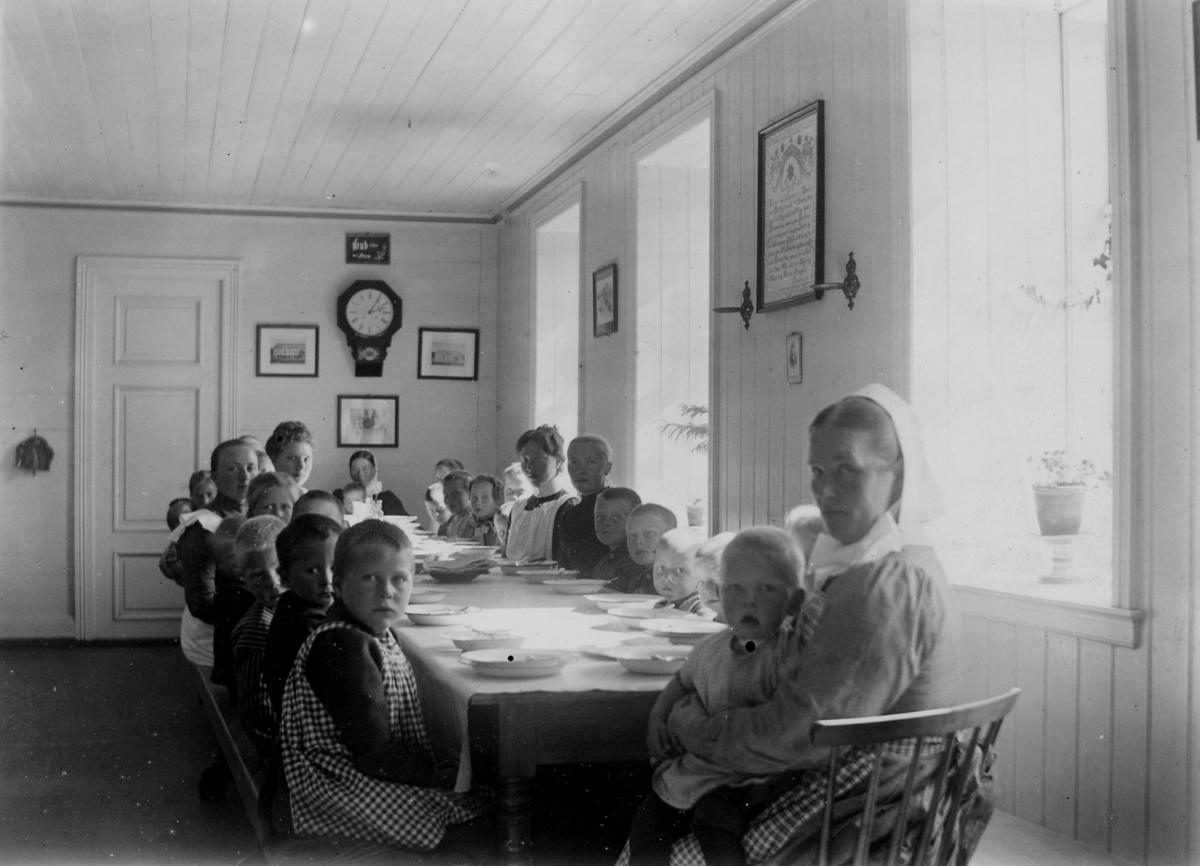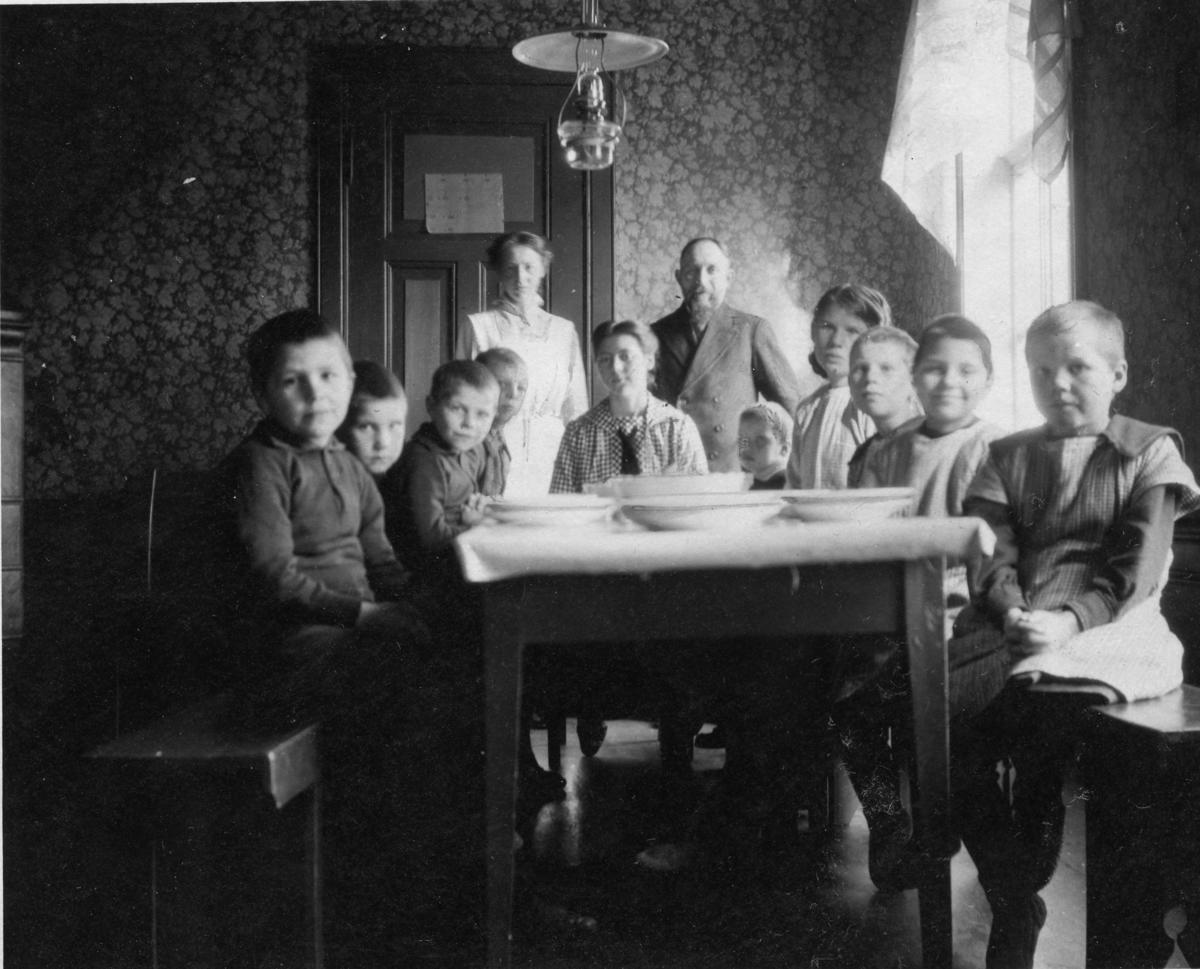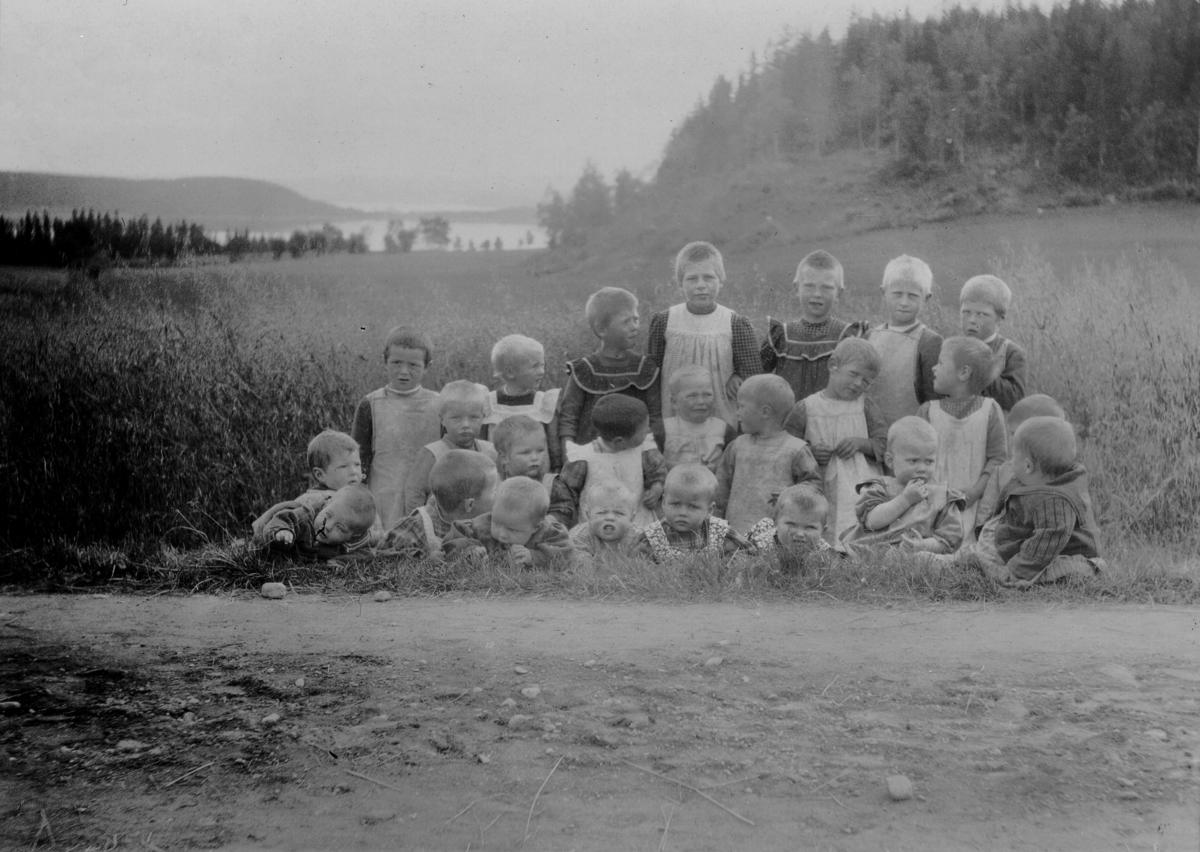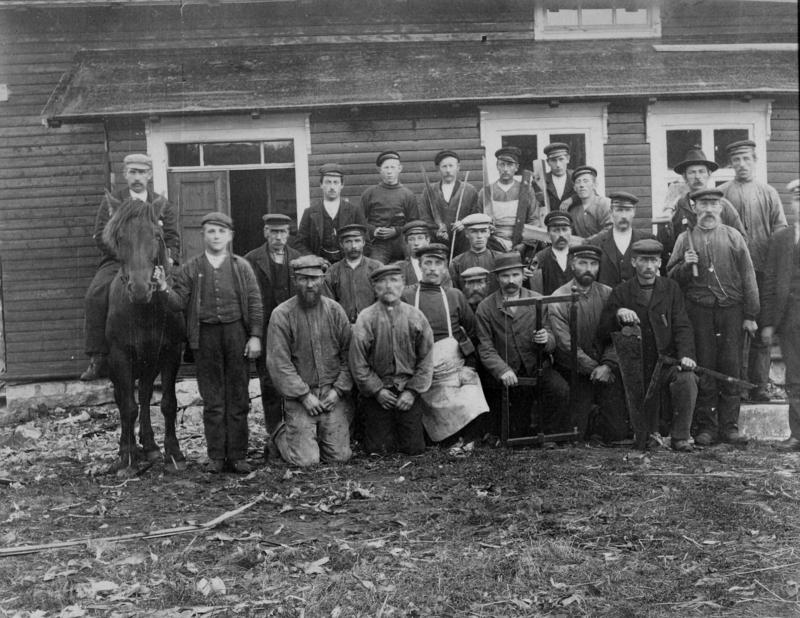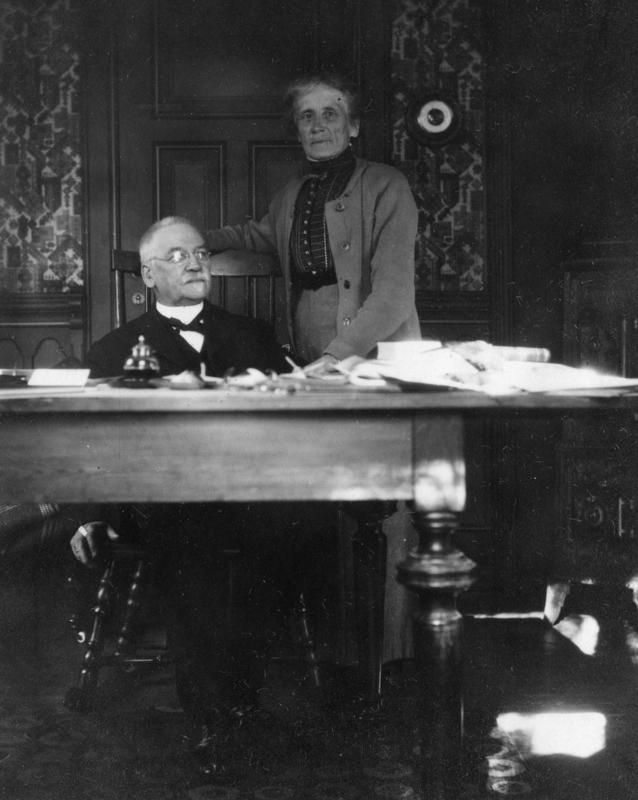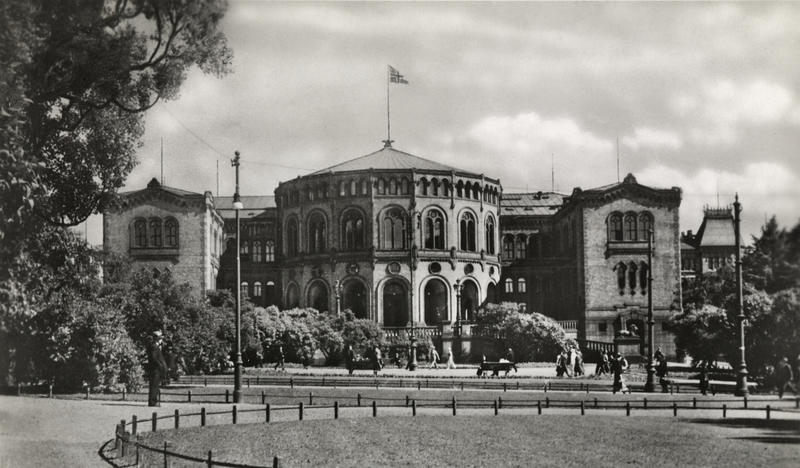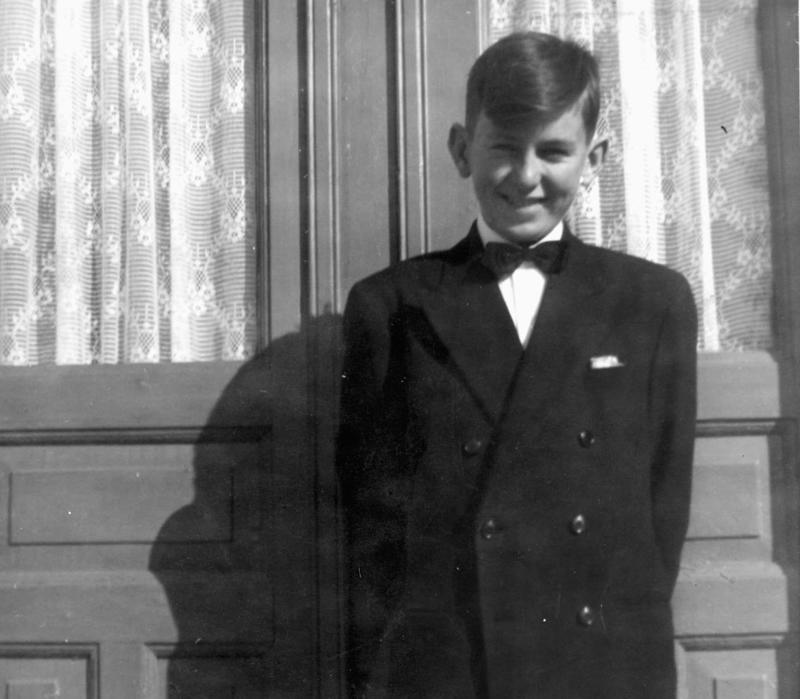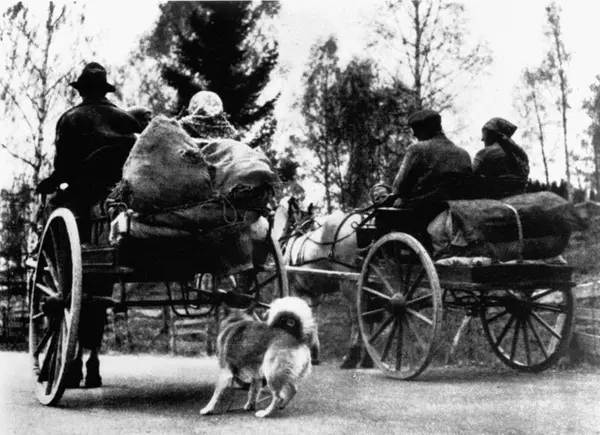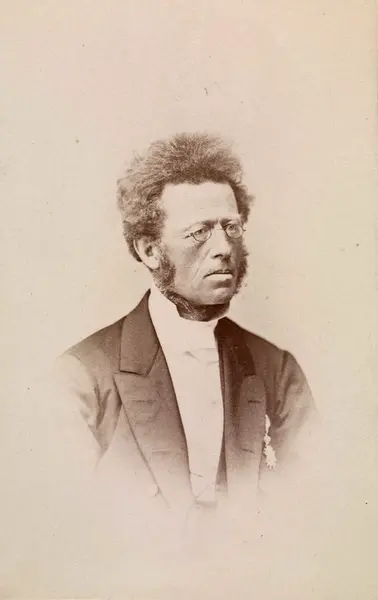Children were sent to orphanages with or without parental consent. The guardian boards, roughly equivalent to today’s child protection services, were officially in charge of removing the children from their parents. This often took place at the Mission’s initiative. Children could be removed from their parents without a formal resolution, and the reason was often that the family did not have a permanent home.
The Mission wanted the children, once removed from their biological parents, to have as little contact with them as possible. The children were told to keep their parents at a distance because they were “bad people”. Often the children were told that their parents were dead, or that they didn’t want to have anything to do with them. At the same time the Mission told the parents that the children were “well cared for” and that contact would make them uneasy. Letters between parents and children were often confiscated.
